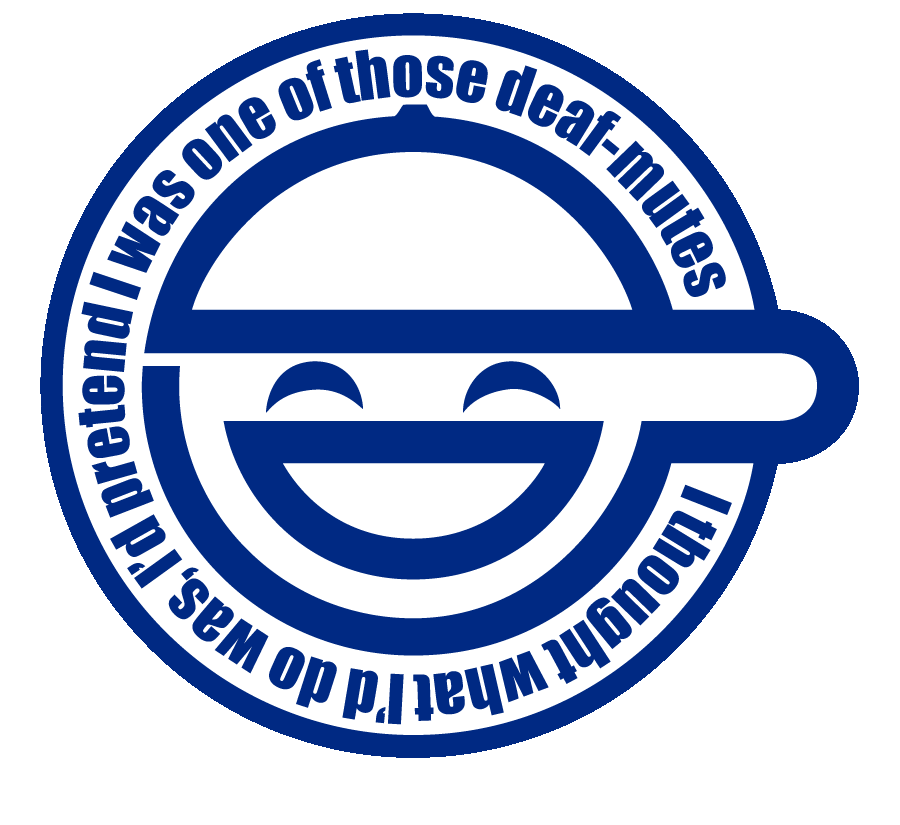
On Plato's Theatrocracy
in his work, "Law"

Ath.
In the first place, let us speak of the laws about music-that is to
say, such music as then existed-in order that we may trace the growth
of the excess of freedom from the beginning. Now music was early
divided among us into certain kinds and manners. One sort consisted of
prayers to the Gods, which were called hymns; and there was another and
opposite sort called lamentations, and another termed paeans, and
another, celebrating the birth of Dionysus, called, I believe,
"dithyrambs." And they used the actual word "laws," or nomoi, for
another kind of song; and to this they added the term "citharoedic."
All these and others were duly distinguished, nor were the performers
allowed to confuse one style of music with another. And the authority
which determined and gave judgment, and punished the disobedient, was
not expressed in a hiss, nor in the most unmusical shouts of the
multitude, as in our days, nor in applause and clapping of hands. But
the directors of public instruction insisted that the spectators should
listen in silence to the end; and boys and their tutors, and the
multitude in general, were kept quiet by a hint from a stick. Such was
the good order which the multitude were willing to observe; they would
never have dared to give judgment by noisy cries. And then, as time
went on, the poets themselves introduced the reign of vulgar and
lawless innovation. They were men of genius, but they had no perception
of what is just and lawful in music; raging like Bacchanals and
possessed with inordinate delights-mingling lamentations with hymns,
and paeans with dithyrambs; imitating the sounds of the flute on the
lyre, and making one general confusion; ignorantly affirming that music
has no truth, and, whether good or bad, can only be judged of rightly
by the pleasure of the hearer. And by composing such licentious works,
and adding to them words as licentious, they have inspired the
multitude with lawlessness and boldness, and made them fancy that they
can judge for themselves about melody and song. And in this way the theatres from being mute have
become vocal, as though they had understanding of good and bad in music
and poetry; and instead of an aristocracy,
an evil sort of theatrocracy has grown up. For if the democracy which judged had only
consisted of educated persons, no fatal harm would have been done; but
in music there first arose the universal conceit of omniscience and
general lawlessness;-freedom came following afterwards, and men,
fancying that they knew what they did not know, had no longer any fear,
and the absence of fear begets shamelessness. For what is this
shamelessness, which is so evil a thing, but the insolent refusal to
regard the opinion of the better by reason of an over-daring sort of
liberty?
文献
-----------
For all undergraduate
students!!!, you do not paste but [re]think my message.
Remind Wittgenstein's phrase,
"I should not like my writing to spare other people the trouble of thinking. But, if possible, to stimulate someone to thoughts of his own," - Ludwig Wittgenstein
(c) Mitzub'ixi Quq Chi'j. Copyright 2016